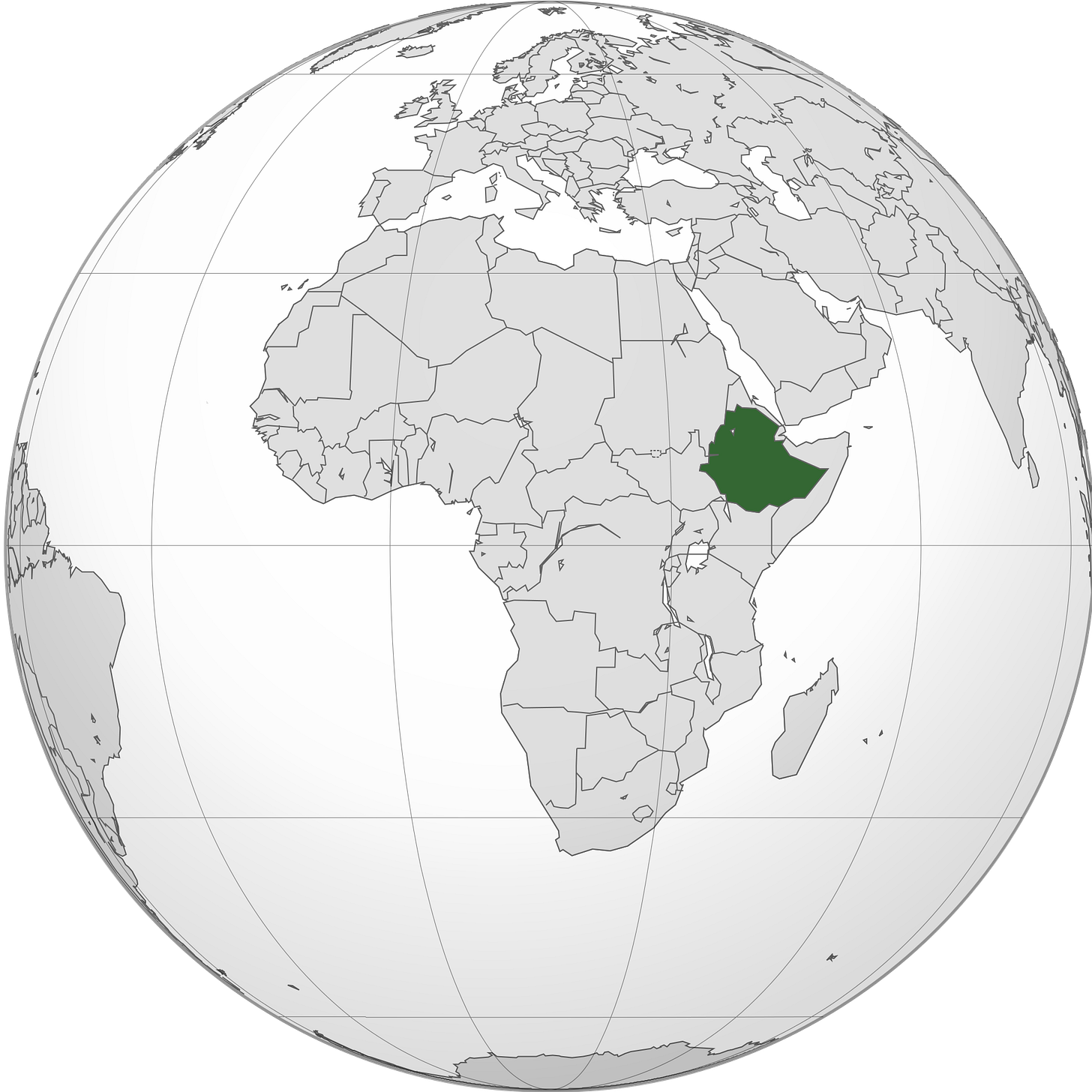🔅 EU's Stance on Corruption: FISH-Y Business?
Plus: #KampalaPotholeExhibition, West and Central Africa's Hunger Crisis, Ethiopia's Saudi Arabia Recruitment Drive, And much more... ☕
Photo of the day: Maio, Cape Verde

Markets:
🔺 Nigerian SE: 51,209.01 (+0.14%)
🔻 Johannesburg SE: 78,805.48 (-0.62%)
— Ghana SE: 2,664.60 (0.00%)
🔻 Nairobi SE: 108.65 (-0.54%)
🔻 US S&P 500: 4,140.75 (-0.34%)
🔻 Shanghai Composite: 3,370.13 (-0.68%)
Global Markets: Apple Launches its First India Store | Apple’s CEO Tim Cook recently made a splash in Mumbai, where he opened the company’s first physical retail store in India. Apple has long been trying to make it big in India, but the country’s price-sensitive market has posed a challenge—95% of phones there run on Android. That’s why Apple is focusing on the 'premium' smartphone market, and why launching physical stores is so important. The stores will help Apple build its brand and give its 'premium' consumers a 'premium' experience.
*Data accurate as of the close of markets across the continent
CORRUPTION
EU's Stance on Corruption: FISH-Y Business?
We’ve recently been hearing a lot about the EU’s tough stance against corruption and illegal and unregulated fishing.
But, when it comes to one of Africa’s biggest scandals, the EU seems to have all the backbone of a jellyfish.
What’s the scandal?
It’s all in the Fishrot Scheme, a $20 million scam that was uncovered in 2019.
An Icelandic company, Samherji, was accused of illegitimate trawling in Namibia’s waters.
To do this, they bribed Namibian government officials and embezzled funds, in addition to intimidating their critics.
The investigation included Namibia, Iceland, and Norway, as well as a few Angolan nationals.
What has happened since then?
The accused in Namibia have been arrested, but those in Iceland have yet to face any charges.
This is in spite of the EU’s binding policy to impose a maximum sanction of at least five times the value of the fishery products obtained by committing the serious infringement.
The scandal had a major economic impact on Namibia, with the fishing industry collapsing, jobs and livelihoods being wiped out. Fishing is a key industry, and was responsible for 3% of the country’s GDP and 20% of its export earnings.
What ultimately happened?
Samherji left the country in 2020, absolving itself of all allegations.
None of the company’s directors were ever prosecuted.
However, a trial is scheduled for October 2023, with whistleblower Jóhannes Stefánsson expected to testify.

Share Baobab with friends and colleagues for free daily updates on African business, money, and current affairs.
OTHER HEADLINES
Across the Continent

🇺🇬 #KampalaPotholeExhibition | If you’ve been on Twitter lately, you may have noticed that the hashtag #KampalaPotholeExhibition has been trending. What’s the occasion? Well, Uganda’s capital has so many potholes that the locals have taken to documenting them on social media! Academic, writer, and cartoonist Dr Jimmy Spire Ssentongo kicked off the hashtag, and Kampala’s citizens responded with photos and florid descriptions of the craters they have to gingerly make their way around. It’s gotten so bad that some of the potholes have become permanent fixtures and have even been turned into memes. In response, the Kampala Capital City Authority acknowledged the issue, but noted that it didn’t have the funds to fill them all. It’s an innovative way for Dr Ssentongo to shame the authorities.
🌍 West and Central Africa's Hunger Crisis | The United Nations humanitarian agencies just released a warning: West and Central Africa are facing a food insecurity crisis like never before. A shocking 48 million people are expected to go without regular access to safe and nutritious food during the June-August lean season. It's a 10-year high, and there are a lot of factors at play here. From the war in Ukraine to higher temperatures and erratic rainfall to a pandemic, the region is in a precarious position. The Sahel region is especially in bad shape, with 45,000 people facing catastrophic hunger, just shy of famine. The region's dependence on imports has left it vulnerable to high global inflation rates.

🇪🇹 Ethiopia's Saudi Arabia Recruitment Drive | It’s the "opportunity of a lifetime"—if you’re a woman aged 18-40 in Ethiopia. The Ethiopian government is recruiting as many as 500,000 women to work in Saudi Arabia, advertising the jobs on Facebook and billboards. Returnees who have already worked in the Middle East are being actively sought after. It’s not just a better job—it’s a way to make money without risking their lives on dangerous migrant corridors through Yemen and Djibouti. On the flip side, there’s the 'kafala' system that leaves migrant workers vulnerable to exploitation and abuse, and the fact that Saudi Arabia has a terrible human rights record. But the promise of a better life is strong—just ask the recruits attending orientation sessions in the Amhara region, who’ve been told that this is a quicker path to success than school.
FOOD FOR THOUGHT
Proverb of the Day
“During times of peace in the country, the chief does not carry a shield.”
— Ugandan Proverb.





